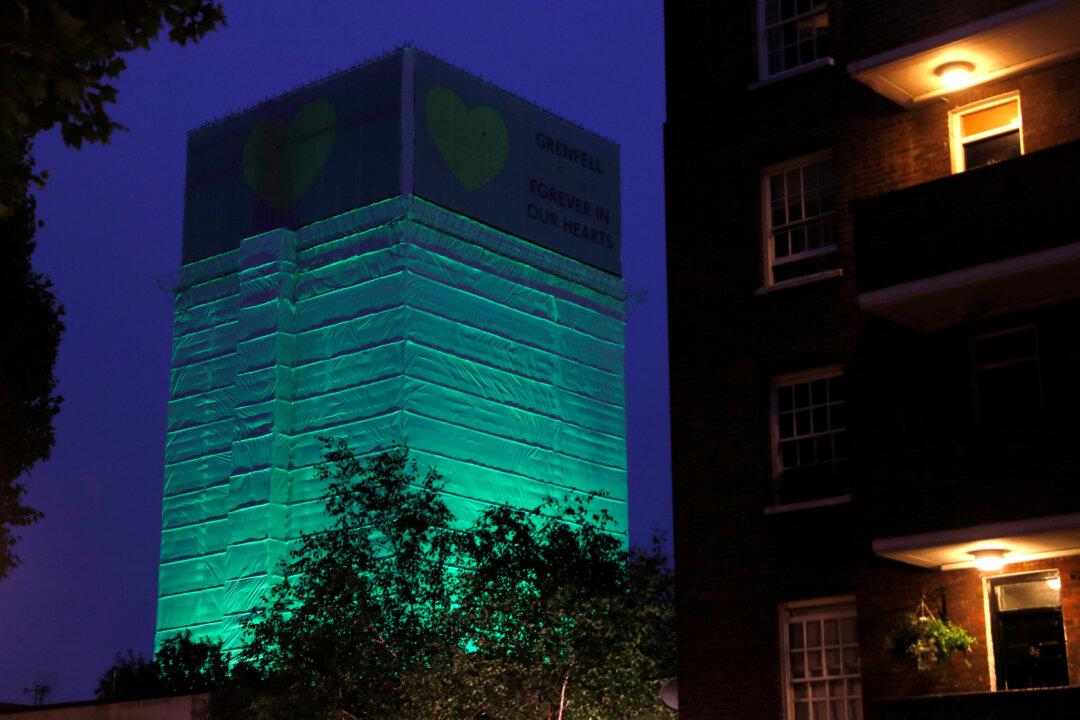Councils and housing associations could get unlimited fines if they are found to have provided damp, cold, and unsafe homes for tenants, under new legislation being laid before Parliament on Wednesday.
The legislation is being introduced in the run-up to the fifth anniversary of the Grenfell Tower fire in Kensington, west London, which killed 72 people.





